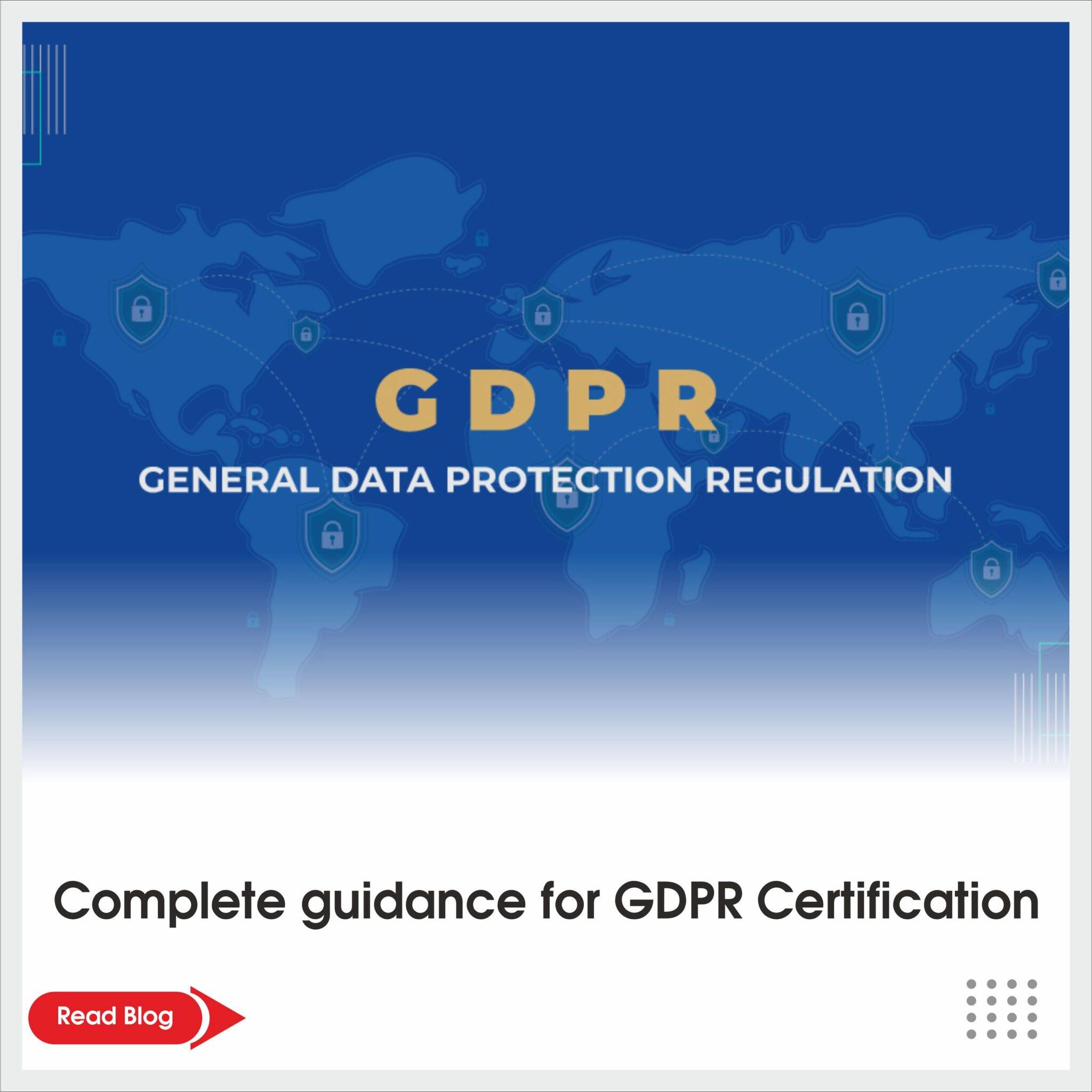To ensure the success of your company, quality must be maintained at all levels. Each product, service, process, task, activity or decision within an organization can be judged on the basis of quality. How good is it, how great is it, and how can we improve it?
Quality management is critical to the growth and performance of a business. It is also a key resource in competing for client relations, striving to deliver a superior experience. Businesses can implement a set of procedures to ensure that their products meet the standards and operate at their best.
The ultimate aim is to improve customer satisfaction and boost business growth.
Quality is not limited to the final product, it concerns all the processes, systems and people behind this outcome. It is always the pursuit of excellence ensuring that what your organization does is appropriate for the purpose, and not only remains that way, but continues to improve and outstrip competitors.
Why does your Company need to be Concerned about the Quality? ⮯
Companies should do everything in their power to support their competitors. Providing high-quality products and services is of the utmost importance. Quality Management System QMS is right, as it helps businesses maximize the costs and use of available resources.
In the long run, these practices reinforce the brand of your business, bringing you up to the level of your competitors.
Because they enhance your outcomes and commercial operations, they strengthen your market position.
Good management can improve the brand and reputation of the organization, protect it from risk, increase its efficiency, increase its profits and reduce waste, and position it for continued growth. While making staff and guests happier.
Higher Profitability
Studies demonstrate a strong positive relationship between quality and profitability. In fact, high-quality results in a higher return on investment (ROI) for a specific market share. Fewer faults or failures in the field translate into lower manufacturing and service costs; As long as these earnings exceed any increase in the company’s default prevention expenditure, profitability will improve. Improving performance, characteristics, or other dimensions of standards translates into increased sales and market share.
More Coherent Products and Improved Efficiency ⮯
Effective management enables businesses to improve the reliability, sustainability, and performance of their products. This helps differentiate an enterprise from its competitors. Better products are equivalent to happier customers and higher incomes.
Customers who purchase products from your company will expect the same standard whenever they purchase. Without an adequate management system, your customers may end up buying the same result, but with various standards. Check all items prior to distribution to the consumer or selling them will give you peace of mind that the same high level is maintained throughout the business.
Greater Satisfaction of the Clientele ⮯
In the current competitive environment, consumers are tougher than ever.
They can choose among thousands of brands and have access to millions of stores thanks to technological advancements. If the products and services don’t live up to customers’ expectations, your brand and your business will suffer.
Clients want assurance that their hard-earned money is being spent on something which is worth the price and not something of a bad standard, least of all defective. Good management ensures that the products of the business exceed customer expectations.
It can help make sure your prospects are loyal customers. It does this by constantly improving your products, integrating changes, and eliminating defects. If you want your company to stand out, it is essential to meet or exceed their expectations and meet the highest standards.
In return, customer satisfaction contributes to customer loyalty. If a client is satisfied with a business outcome, they will return to the business for other products. However, if they receive a faulty product, they are more likely not to return to this specific brand!
Who is Responsible for Quality Management? ⮯
Quality control should be the responsibility of every member of the organization. Different people will be responsible or influential for the different things that affect quality, specifically the requirements, compliance with them or determining the quality of a product.
It is also important to have individuals who can provide the knowledge, tools and advice to help everyone play their role in achieving quality. These people are top-notch professionals, which is a career that many employers demand.
Professionals are committed to protecting and strengthening their organizations by ensuring that the needs of stakeholders are met and hopefully their expectations will be exceeded.
SIS certificates offer a training course for the implementation of management systems that have been designed to equip professionals in management and quality with the knowledge and skills needed for implementation, review and manage the world-renowned ISO standard. For more information about ISO Certifications, contact us: email or you can visit our website for more details !




